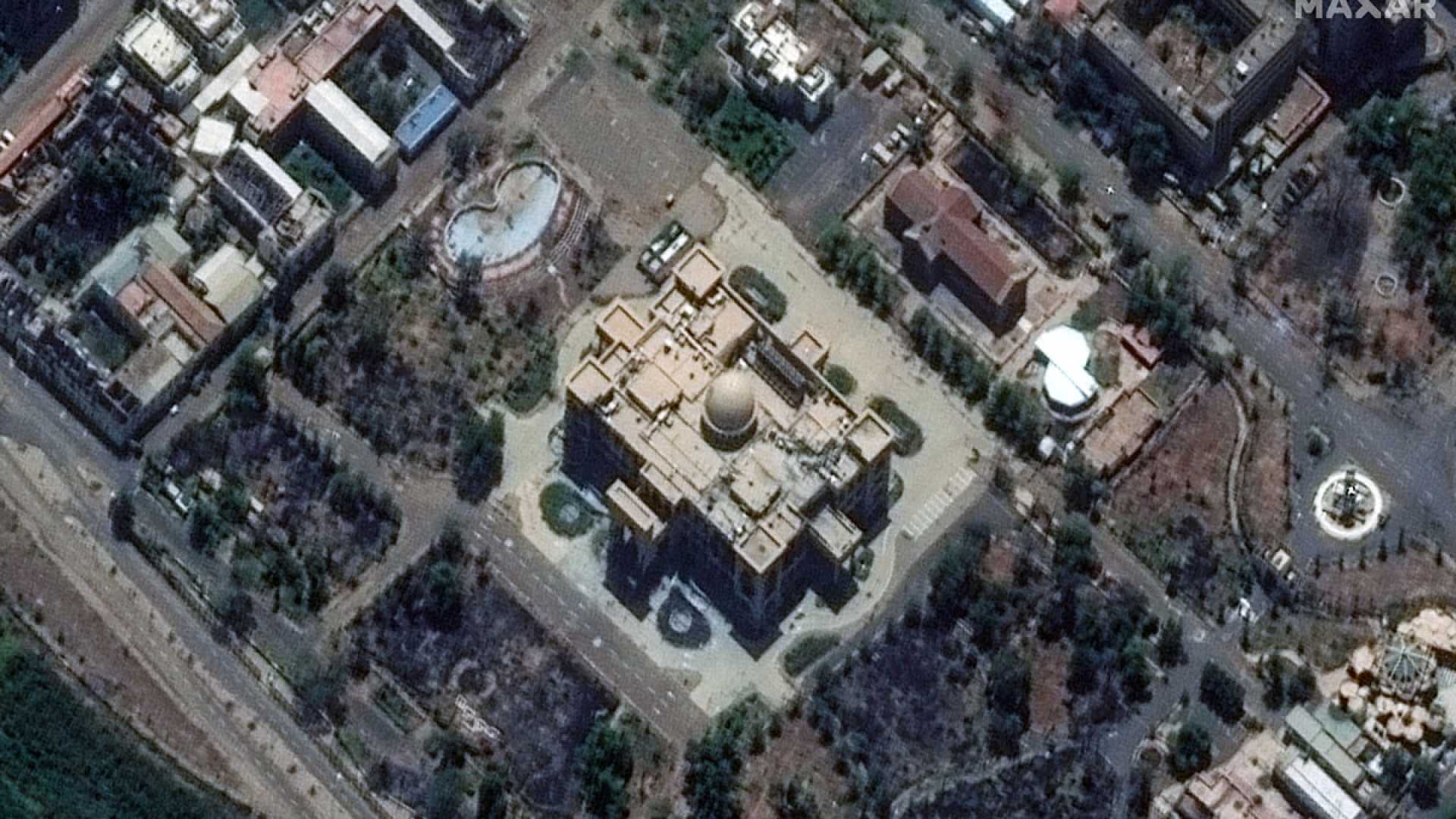World
Sudanese Army Seizes Presidential Palace amid Ongoing Conflict

DUBAI, March 26 (Reuters) – The Sudanese army announced a major military breakthrough on Wednesday, asserting control over the presidential palace in Khartoum as rival Rapid Support Forces (RSF) withdrew from much of the city. This development comes after nearly two years of conflict, which has drastically altered control dynamics in Sudan.
Army chief Abdel Fattah al-Burhan marked the army’s gains with a visit to Khartoum International Airport and the presidential palace, a move described by his ruling council as a demonstration of the army’s regained authority in the capital. According to an army statement, this visit was the first to the airport since the conflict erupted in April 2023.
The army claimed it had also captured a significant RSF base south of Khartoum, which officials identified as the paramilitary group’s last major stronghold in the region. Drone footage released by the army showcased what it described as RSF troops retreating across the Nile, although Reuters has not independently verified the authenticity of this footage. The RSF did not provide immediate commentary regarding the developments in Khartoum.
Residents reported that army forces have successfully advanced into the city center, moving into neighborhoods that had been controlled by RSF over the months of violent confrontations. These gains have sparked fears of a potential de facto partition of Sudan, as the RSF has solidified its presence in western regions of the country.
The ongoing conflict has been labeled by the United Nations as the world’s largest humanitarian crisis, with approximately 12.5 million individuals uprooted from their homes due to the violence. Many of these displaced persons have sought refuge in neighboring countries.
Before their conflicts intensified, the army and RSF had been coalition partners, jointly maneuvering to topple the long-standing Islamist regime of Omar al-Bashir in 2019. However, tension grew as both factions battled over control and power-sharing in a fragile political climate. Disagreements arose over the integration of RSF into regular armed forces and the chain of command, leading to the current violent standoff.
Although the army has made recent gains in Khartoum, the RSF continues to assert its presence in the area. Their spokesperson stated via Telegram that RSF forces are still operational nearby, threatening further clashes as the situation in Khartoum remains fluid.
In a related video release, RSF commander Mohamed Hamdan Dagalo, known as Hemedti, reiterated vows to retain control over the presidential palace, while promising retaliation against other strategic locations in the north. The tribal nature of the RSF’s forces emphasizes the complexity of the conflict, with ongoing fears of widespread violence as both sides remain entrenched.
The humanitarian toll remains grave, with residents expressing both relief and trepidation following battles for control of the palace. Nabil Abdallah, an army spokesperson, reported on state television that the military had thoroughly defeated RSF fighters and secured significant resources, including weapons.
As the conflict persists without resolution, the international community watches closely, hoping for a stabilized Sudan that prioritizes the safety and welfare of its civilian population.












